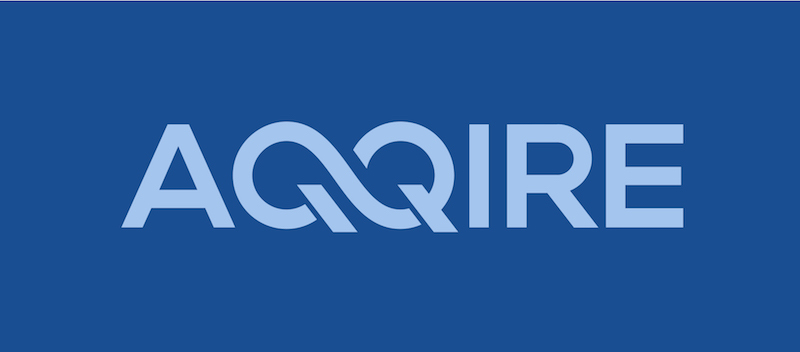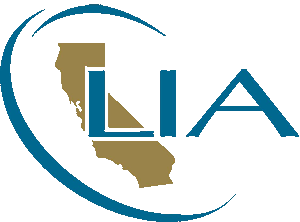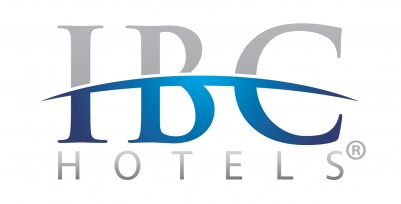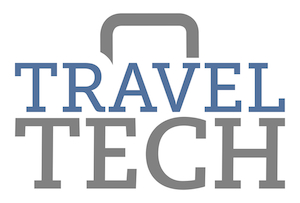Issues
Hotel Occupancy Taxes
A robust travel industry is vital to the health of the lodging industry. Independent hotels and independently owned hotels do not have the advertising budgets and staff size as large corporate chain hotels and hotel franchises. Independent hotel owners rely on online travel agencies to help sell hotel rooms that would otherwise go unsold. Because they lack the marketing infrastructure of large hotel chains, independent hotel companies often find it helpful to partner with online travel companies—particularly during slower travel seasons. In this way, owners of independent hotels can reach out-of-state and international visitors to cities and states who might never hear of these properties but for the marketing reach of their online partners.
ILIA will confront legislative efforts that seek to impose taxes on booking fees and service fees of hotel rooms booked through Online Travel Company websites. Independent hotels receive up to 30% of their hotel booking through online travel companies. ILIA will educate policy makers all over the country how these tax initiatives hurt jobs, the travel industry and the traveling public. Proposals to raise taxes on online travel companies threaten to cause disproportionate harm on the small business owners who operate independent hotels.
Travel Taxes
Most travel services (accommodations, air travel, car rentals, restaurant meals, etc.) are taxed by some level of government, with most taxes being levied by local and state governments. Recently, the taxes and fees applied to accommodations have risen as local and state governments have reached into travelers’ pockets to balance budgets or pay for local priorities. These taxes are detrimental to a rebounding travel economy.
ILIA opposes discriminatory taxes on the traveling public. Hotel tax rates in many communities are already in the double digits and travelers pay more than their fare share of taxes. While local and state officials believe it is easy to “export” new taxes onto out-of-town visitors, most of these same communities depend on business travelers, convention delegates and leisure visitors for their economic livelihood. ILIA will work closely with state and local officials to craft tax policies that are growth-oriented, and work to promote even higher levels of tourism to states and local destinations.
Fair Franchising
ILIA promotes standards relating to various business and legal aspects of the franchisor/franchisee relationship so that a more equitable franchise agreement becomes the standard for the franchise community which reflects and balances the legitimate business interests of the franchisor and the legitimate business interests of its franchisees.
Healthcare
Skyrocketing health care costs are stifling economic recovery and are seriously impeding small and independently owned businesses’ ability to grow. ILIA advocates to lessen the burden of the new government health care law while promoting strategies and solutions to help get costs under control, improve quality, and increase coverage for our workers.
Labor
ILIA strongly supports the right of workers to voluntarily join unions under fair, open and democratic rules. We are determined to expose abusive pension fund schemes, oppose deceptive organizing tactics and state laws that pressure companies to unionize and focus on legislation that will protect our workers, members and keep our hotel doors open.
Regulatory
A dramatic increase in burdensome regulation by Congress and the administration is causing tremendous uncertainty for business owners around the country. The path to recovery lies in bringing certainty to the regulatory environment and putting in place smart policies that allow American businesses and the economy to grow.
Taxes
ILIA is committed to pro-growth tax policies that preserve America’s global competitiveness, and it opposes tax increases that reduce businesses’ ability to grow, invest, and create jobs. Small business is the source of job creation, but economic growth will be stalled if Congress continues unchecked spending while increasing taxes and placing new mandates on America’s job creators.








